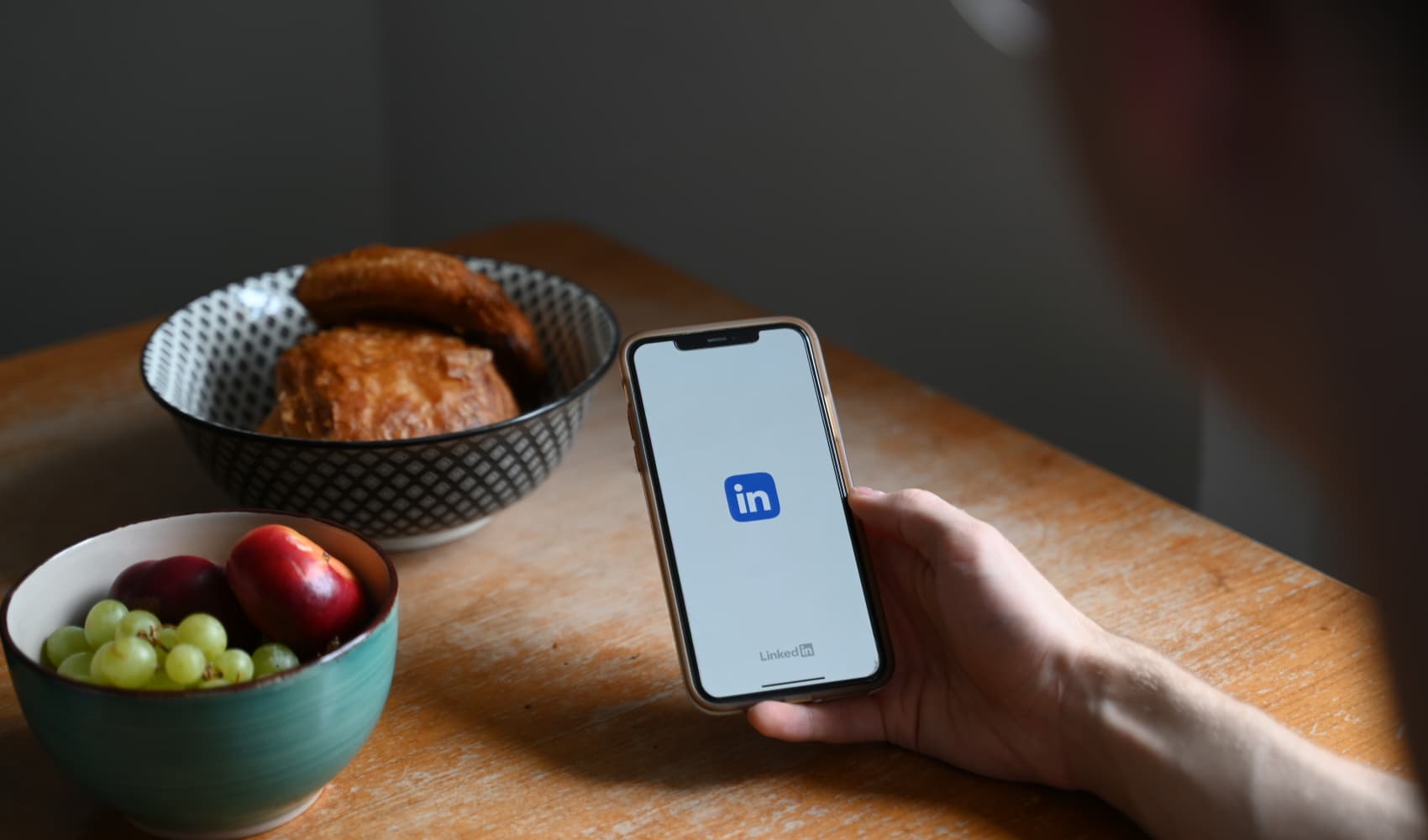
A college degree can help you financially get ahead, compared to a high school diploma alone.
In 2022, workers ages 25 to 34 with a bachelor's degree earned a median annual salary of $66,600, according to the latest National Center for Education Statistics data. Their counterparts with only a high school education earned $41,800 a year.
But not all college grads see that salary boost. Degree holders in studio arts, for example, earn a median salary of just $40,000, according to a recent Bankrate analysis of the Census Bureau's American Community Survey data.
Bankrate looked at median salaries among workers and job seekers with at least a bachelor's degree, along with unemployment rates and advanced degree rates, to rank the most and least valuable college degrees.
Get top local stories in Southern California delivered to you every morning. Sign up for NBC LA's News Headlines newsletter.
Studio arts degree-holders have low earnings prospects and an unemployment rate of 4.6%, nearly double the rate for all college graduates — 2.4% in June 2024, per New York Fed data — all of which factored into it being named the least valuable college degree.
Here are the 10 least valuable college degrees in 2024, according to Bankrate:
1. Studio arts
- Median salary: $40,000
- Unemployment rate: 4.6%
- Percentage of workers with advanced degrees: 28.1%
2. Drama and theater arts
- Median salary: $44,000
- Unemployment rate: 4.9%
- Percentage of workers with advanced degrees: 29.0%
3. Visual and performing arts
- Median salary: $40,000
- Unemployment rate: 3.8%
- Percentage of workers with advanced degrees: 28.7%
4. Film, video and photographic arts
- Median salary: $46,000
- Unemployment rate: 5.5%
- Percentage of workers with advanced degrees: 13.8%
5. Miscellaneous fine arts
- Median salary: $45,000
- Unemployment rate: 4.8%
- Percentage of workers with advanced degrees: 15.0%
6. Clinical psychology
- Median salary: $45,500
- Unemployment rate: 2.9%
- Percentage of workers with advanced degrees: 69.1%
7. Communication technologies
- Median salary: $50,000
- Unemployment rate: 5.3%
- Percentage of workers with advanced degrees: 11.9%
8. Library science
- Median salary: $48,000
- Unemployment rate: 3.2%
- Percentage of workers with advanced degrees: 69.1%
9. Fine arts
- Median salary: $45,000
- Unemployment rate: 3.7%
- Percentage of workers with advanced degrees: 25.0%
10. Other foreign languages (excluding French, German, Latin and other more common foreign languages)
- Median salary: $53,000
- Unemployment rate: 4.8%
- Percentage of workers with advanced degrees: 45.2%
The most valuable bachelor's degrees, by Bankrate's standards, have a trifecta of high salaries, low unemployment rates and low rates of workers with advanced degrees.
Money Report
The arts-related degrees on the least-valuable list do have low rates of workers with advanced degrees — but they fall short on the other two factors, with median annual salaries below $50,000 and high unemployment rates, compared to other grads.
Among the 10 least valuable bachelor's degrees, just two see grads earning at least $50,000 a year: communications technologies and other foreign languages. Communications tech majors have a relatively high unemployment rate of nearly 5.3%, though, suggesting that higher paying jobs may be harder to come by.
People with bachelor's degrees in less-common foreign languages have a slightly lower unemployment rate, but nearly half (45%) of these grads have advanced degrees. Even larger shares (roughly 69%, each) of library science and clinical psychology undergrads hold higher credentials.
That data suggests an advanced degree — and the years of school required to to earn it — may be needed to to fare better financially in those careers.
Want to be a successful, confident communicator? Take CNBC's online course Become an Effective Communicator: Master Public Speaking. We'll teach you how to speak clearly and confidently, calm your nerves, what to say and not say, and body language techniques to make a great first impression. Get started today.
Plus, sign up for CNBC Make It's newsletter to get tips and tricks for success at work, with money and in life.






